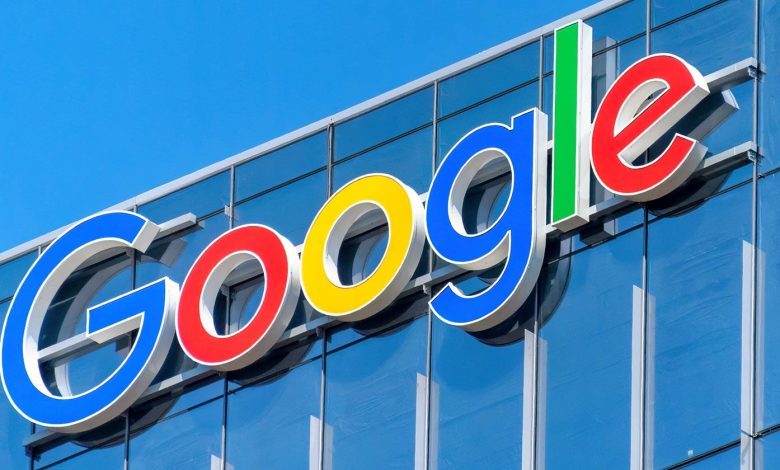
New data from BrightEdge reveals significant shifts in Google AI Overviews, emphasizing topic-specific sites and focusing on e-commerce as the year-end shopping season approaches.
Google Core Update and AIO
The data shows increased overlap between AIO and Google’s organic search results, indicating a closer alignment between the two. It’s unclear whether AIO is mirroring organic results or vice versa.
Following the August 2024 core algorithm update, both the organic search results and AIO exhibit changes. BrightEdge’s data provides insights into these transformations.
BrightEdge data reveals:
- The overlap of URLs in AI Overviews with those in the top 100 organic results increased from 37% to 41% after the update.
- This change follows Google’s August 15th Core Update.
- The trend suggests that AI Overviews now prioritize organic results more, utilizing lower-ranked results to form comprehensive responses.
BrightEdge data indicates that AIO is ranking lower-ranked web pages for more precise answers. Both AIO and organic search results have evolved, possibly due to similar ranking criteria changes.
This update notably features fewer big brand sites and more independent niche sites. BrightEdge data shows that AIO now favors sites precisely focused on specific topics.
BrightEdge Dataset
The research was conducted using the BrightEdge Data Cube X, a platform for SEO and content performance research across industries.
Data Cube X facilitates:
- Comprehensive Keyword Research
- Competitive Analysis
- Automated AI-Powered Content and Keyword Research
- Traffic Fluctuation Analysis
Non-Logged-In AI Overviews
Google has introduced AI Overviews to users not logged into their Google accounts, broadening the audience. However, the integration of AIO varies across industries.
For non-logged-in users, e-commerce search result appearance in AIO is significantly lower compared to logged-in users by 90%.
Topics where non-logged-in users did not see AIO included:
- Education: 21% decrease
- B2B Tech: 17% decrease
- Healthcare: 16% decrease
Despite this decline, non-logged-in users experienced an increase in product grids compared to logged-in users. BrightEdge speculates that Google better targets logged-in users, showcasing product grids more precisely to them.
More Product Comparisons
BrightEdge’s data indicates that Google AIO is featuring more product comparisons and visuals.
Findings include:
- A 172% increase in apparel-related product carousels in August.
- A 42% rise in the use of unordered lists across industries.
These changes enhance user experience by simplifying complex product features and specifications for better decision-making.
Comparing products is crucial, especially in product reviews. Google’s product reviews best practices recommend product comparisons to aid user decision-making.
Google recommends:
- “Cover comparable things to consider, or explain which might be best for certain uses or circumstances.”
According to BrightEdge:
“As the holiday shopping season approaches, Google is refining AIO search results to focus on comparative content, which rose by 12% in August. AIOs prioritized product carousels with engaging imagery, which rose by 172%. Unordered lists also increased by 42%.”
Google AIO Rankings Are More Precise
BrightEdge data shows a trend towards ranking more precise content in AIO, potentially reflecting changes in organic search algorithms.
Generalist sites saw notable decreases in rankings, while specialist sites experienced increases. Authority is increasingly based on expertise in specific topics rather than brand size.
Sites like MayoClinic.org saw a 32.4% increase in AIO citations, while general sites like VerywellHealth.com dropped by 77.9%.
BrightEdge noted these site increases:
- Spine-Health.com: +266.7%
- Arthritis.org: +89.5%
BrightEdge’s report observes:
“This demonstrates Google’s push toward more detailed, factual content in AI Overviews.”
AIO and Organic SERPs
Google has significantly increased the use of product carousels for apparel-related queries, reflecting a 172% rise. These carousels and grids facilitate easier product comparisons based on visuals, pricing, and features.
AI Overviews and Google’s organic search results have more overlap than before. This change may be due to a shift towards prioritizing precise answers from authoritative topic-specific sites. Niche sites have gained prominence in both organic search and AI Overviews, while larger general sites have seen a decline in visibility.


